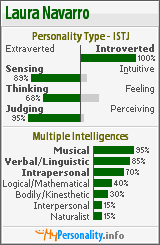Ch 2 of the book Trusting God by Jerry Bridges talks about God’s providence, what it means, and what it means for us.
He refers to the book When Bad Things Happen to Good People by Rabbi Harold Kushner. Besides the argument that there really are no good people, here Bridges focuses on the decision Rabbi Kushner makes that we must choose between a God who is good but not all-powerful, or one who is all-powerful but not good. This seems the only way to explain why catastrophes happen, why there is so much suffering and pain.
Yet, as Bridges points out, the Bible doesn’t give us that option. The Bible clearly states that God is all-powerful and He is good. This leads to the subject of God’s providence. He points out verses that show God is sovereign over everything, big and small, all the time. God governs all events, directs all actions, and sustains all things. Everything has its being, at every moment, only because of God’s sustaining will.
The point to all of this is that we can trust God. He is good, he is always, every moment, working for our God. And He is all-powerful, so nothing can happen without His doing it or permitting it. The struggle with this, of course, is when really bad things seem to be happening. We seem quite willing to attribute good things to God’s providence. And we use the term often in a way that implies specific, limited acts. But we must find comfort in the truth. And the truth is that He is always governing everything, even the uncomfortable, painful, and tragic times.
We should find confidence in our suffering being under the control of an all-powerful and all-loving God. It has a meaning and purpose in God’s plan.
This brings me back to my statements a few posts ago. Everything that happens at work – every email, text message, meeting, tool hiccup, is all of God.



